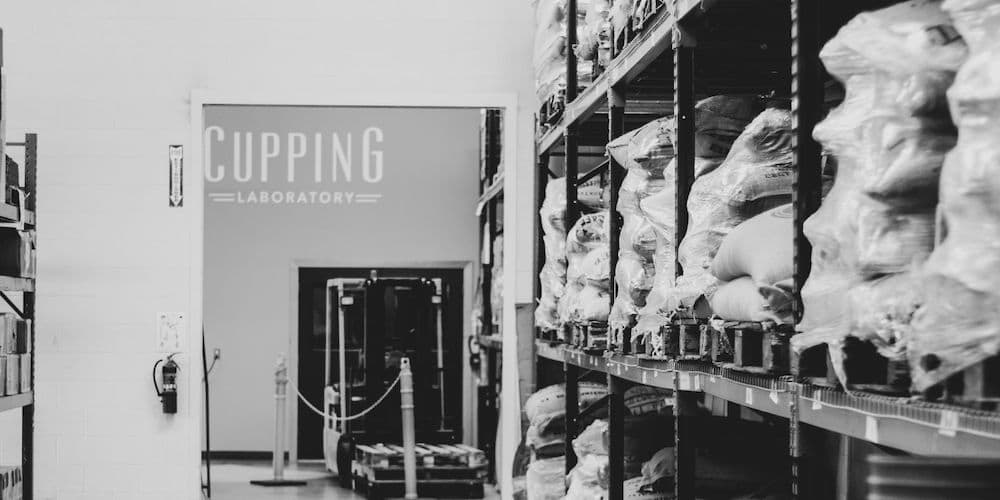Yes, in Australia, implementing a food safety program based on the principles of Hazard Analysis and Critical Control Points (HACCP) is mandatory for many food businesses. This requirement is outlined in Standard 3.2.1 of the Food Standards Code, which applies to food businesses that handle high-risk foods, such as those serving or processing food for vulnerable populations, seafood businesses, and producers of manufactured and fermented meats Food Standards Australia New Zealand.
What Is HACCP?
HACCP is an internationally recognized system for identifying, evaluating, and controlling food safety hazards. It involves seven key principles:
- Conduct a hazard analysis: Identify potential hazards that could occur in the food business.
- Identify critical control points (CCPs): Determine points in the process where hazards can be prevented, eliminated, or reduced to safe levels.
- Establish critical limits: Set maximum or minimum values to which hazards must be controlled.
- Monitor CCPs: Regularly check and record measurements to ensure that critical limits are being met.
- Establish corrective actions: Define actions to be taken when monitoring indicates that a CCP is not under control.
- Establish verification procedures: Implement activities to confirm that the HACCP system is working effectively.
- Establish record-keeping and documentation: Maintain accurate records to demonstrate compliance with the HACCP plan foodsafety.com.au.
Is HACCP Certification Required?
While HACCP certification is not universally mandated, it is essential for certain sectors:
- Class 1 and Class 2 food businesses in Victoria: These businesses are required to have a documented food safety program based on HACCP principles QMS Audits.
- Exporters and importers: Businesses involved in the export or import of food products must comply with international food safety standards, often necessitating HACCP certification Fisheries and Forestry Dept.
- Retailers and distributors: Large retailers and distributors may require HACCP certification from their suppliers to ensure food safety throughout the supply chain FoodReady AI.
Benefits of HACCP Compliance
Implementing a HACCP-based food safety program offers several advantages:
- Enhanced food safety: Proactively identifies and controls potential hazards, reducing the risk of foodborne illnesses.
- Regulatory compliance: Meets legal requirements set forth in the Food Standards Code and other relevant legislation.
- Market access: Facilitates entry into markets that require HACCP certification, including international markets.
- Consumer confidence: Demonstrates a commitment to producing safe food, building trust with consumers and stakeholders.
In summary, while HACCP certification is not universally required in Australia, it is mandatory for many food businesses, particularly those handling high-risk foods, involved in food export/import, or supplying large retailers. Adopting a HACCP-based food safety program not only ensures compliance with legal requirements but also enhances food safety, market access, and consumer confidence.







